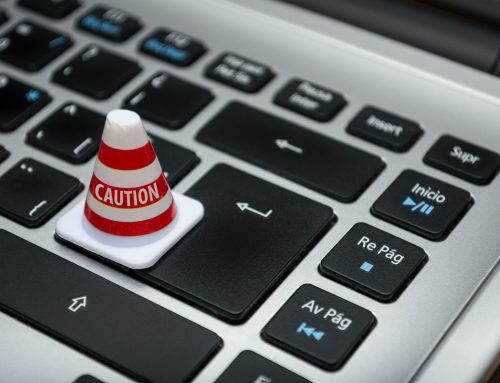With the advances of the digital age come limitless opportunities, but also new risks to our privacy online. Both Regulation 2016/679 of the European Parliament (GDPR) and Organic Law 3/2018 on Personal Data Protection and Guarantee of Digital Rights (LOPD) establish strict rules to protect our privacy and rights over our personal data.
When browsing the Internet, we must be aware that there is a constant risk of leakage, theft, and unauthorized use of our personal information. Therefore, it is essential that we know the rights granted by these laws, such as the possibility for any user to exercise their rights of access, rectification, deletion, or limitation of the processing of their data. Likewise, these regulations also establish the possibility of requesting the removal of our personal information from Internet search engines, in exercising our right to be forgotten.
Furthermore, to ensure the security of our data, any website must include a legal notice, a cookie policy, and a privacy policy that clearly identifies the person or entity responsible for processing personal data. It must also include information on how the data will be processed, what types of data will be collected, and how users can exercise their rights. It is important to note that all users have the right to exercise their rights and, if they do not receive a response, they can file a complaint with the Spanish Data Protection Agency (AEPD), which will be responsible for gathering information on the breach and, if applicable, imposing a monetary fine.
In order to ensure the security of our data, the Spanish Data Protection Agency (AEPD) recommends measures such as keeping the browser updated, choosing trustworthy add-ons and plugins, installing a website checker, reviewing browser settings, clearing browsing history, and using a password manager. In addition, we should always log out when leaving a page where we have authenticated ourselves.
Adopting these measures will help prevent unauthorized access to personal information and safeguard the security of our personal data.




